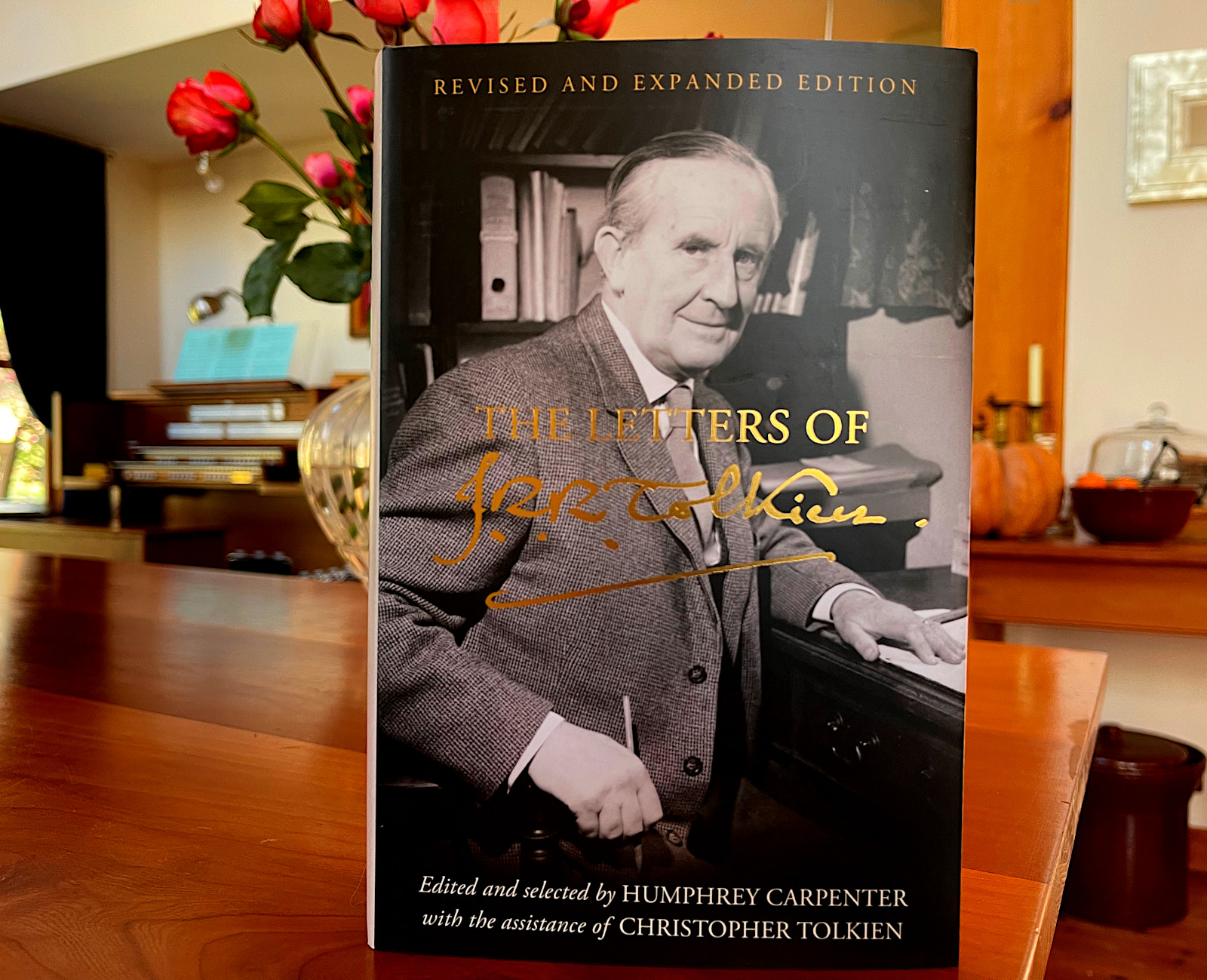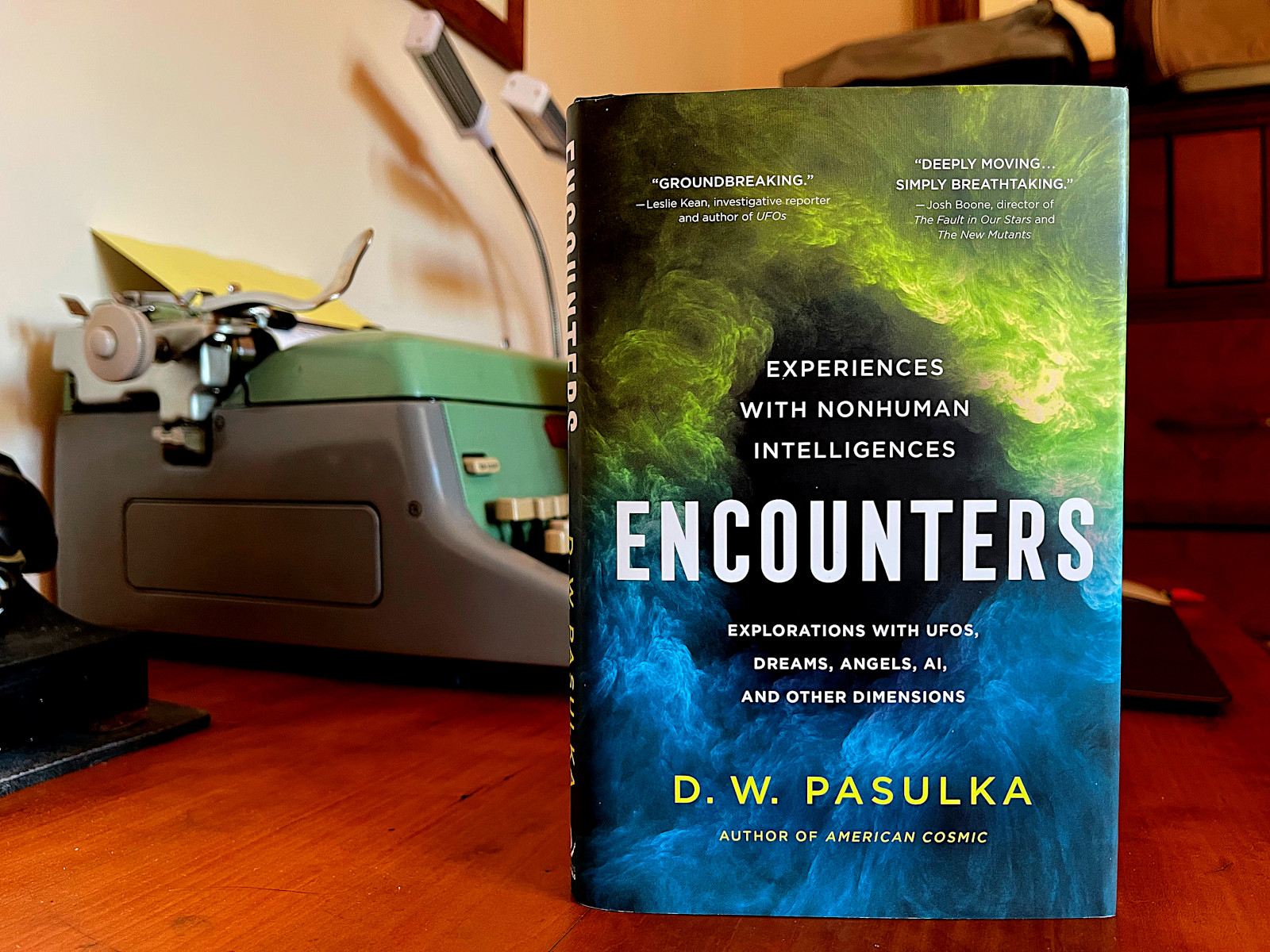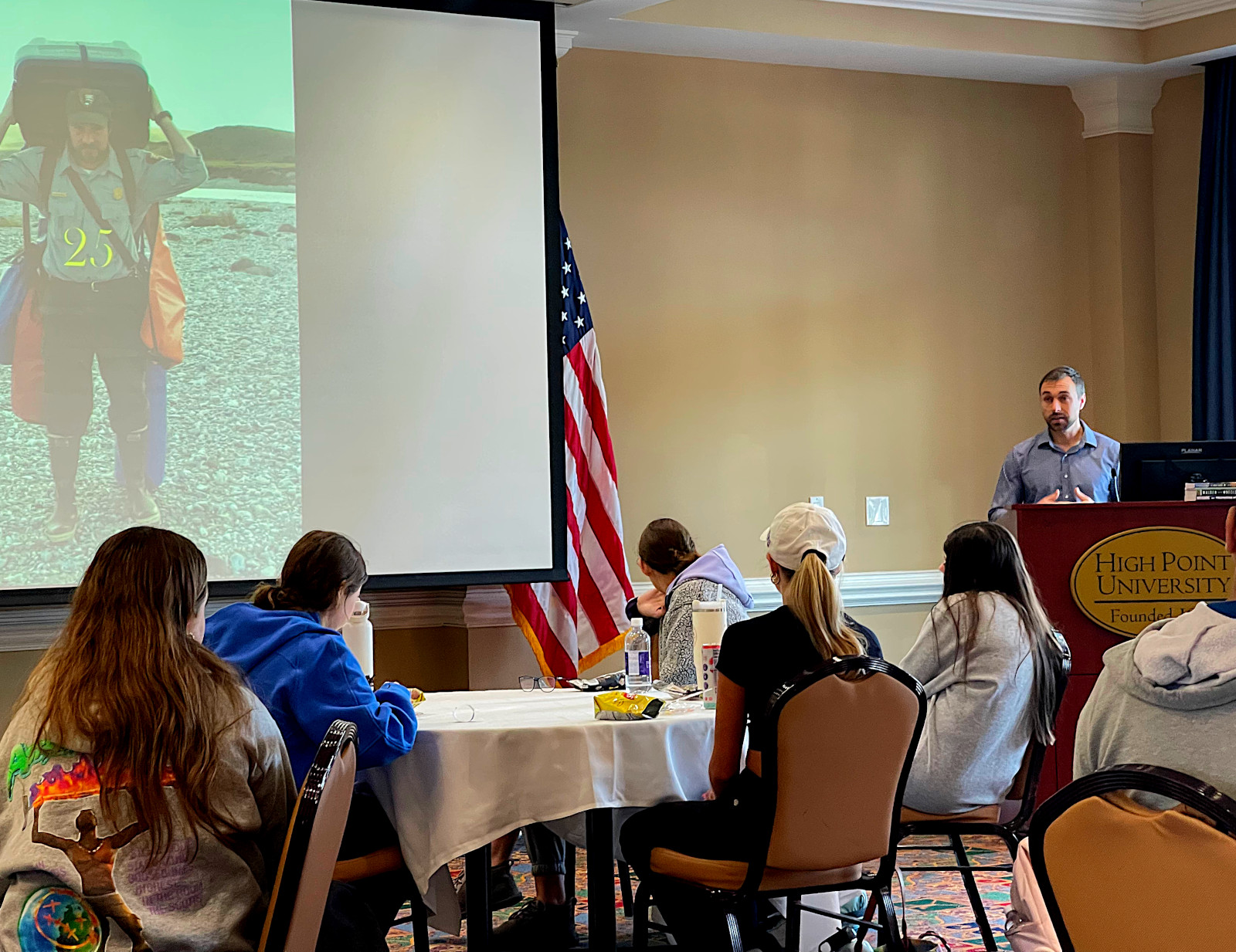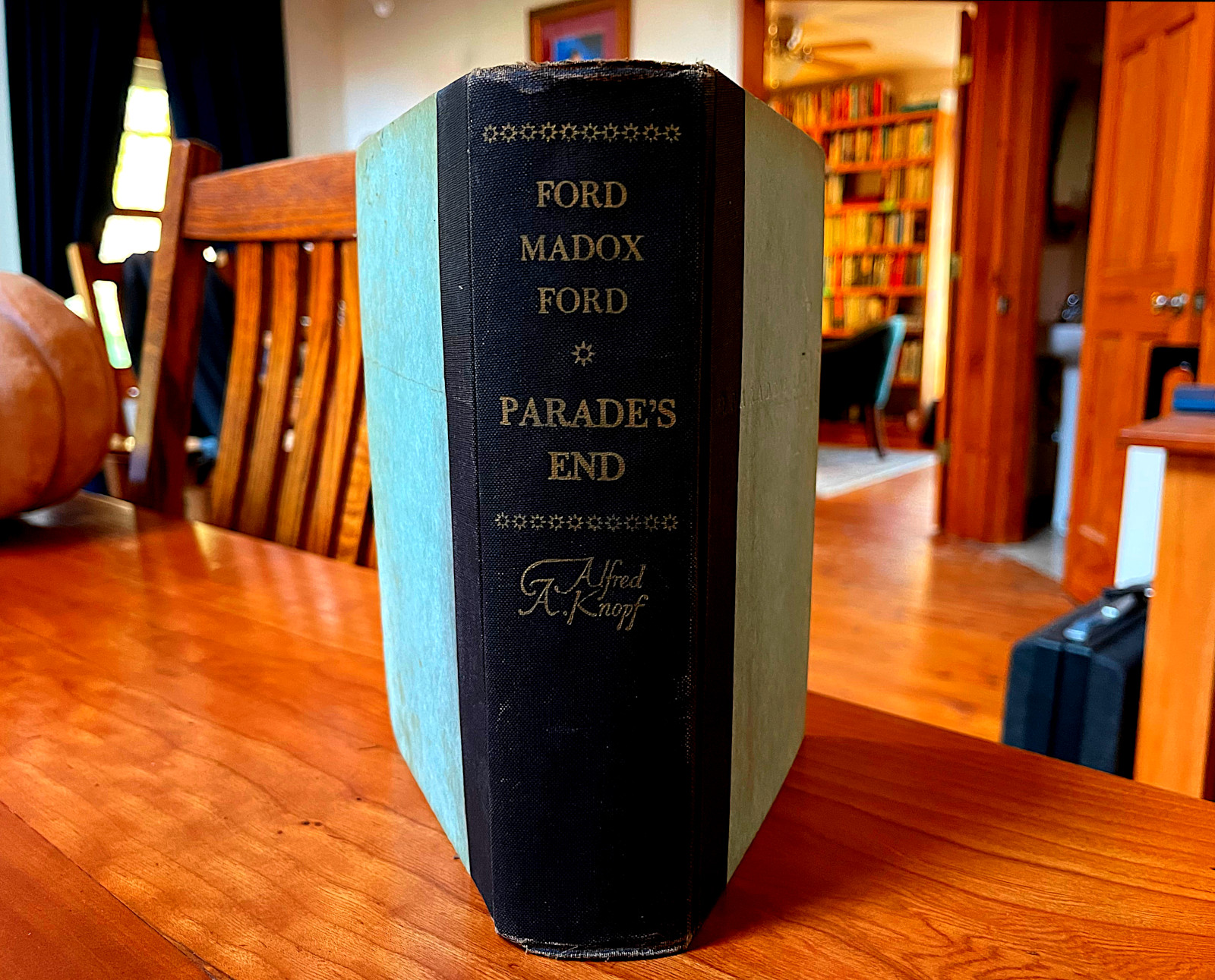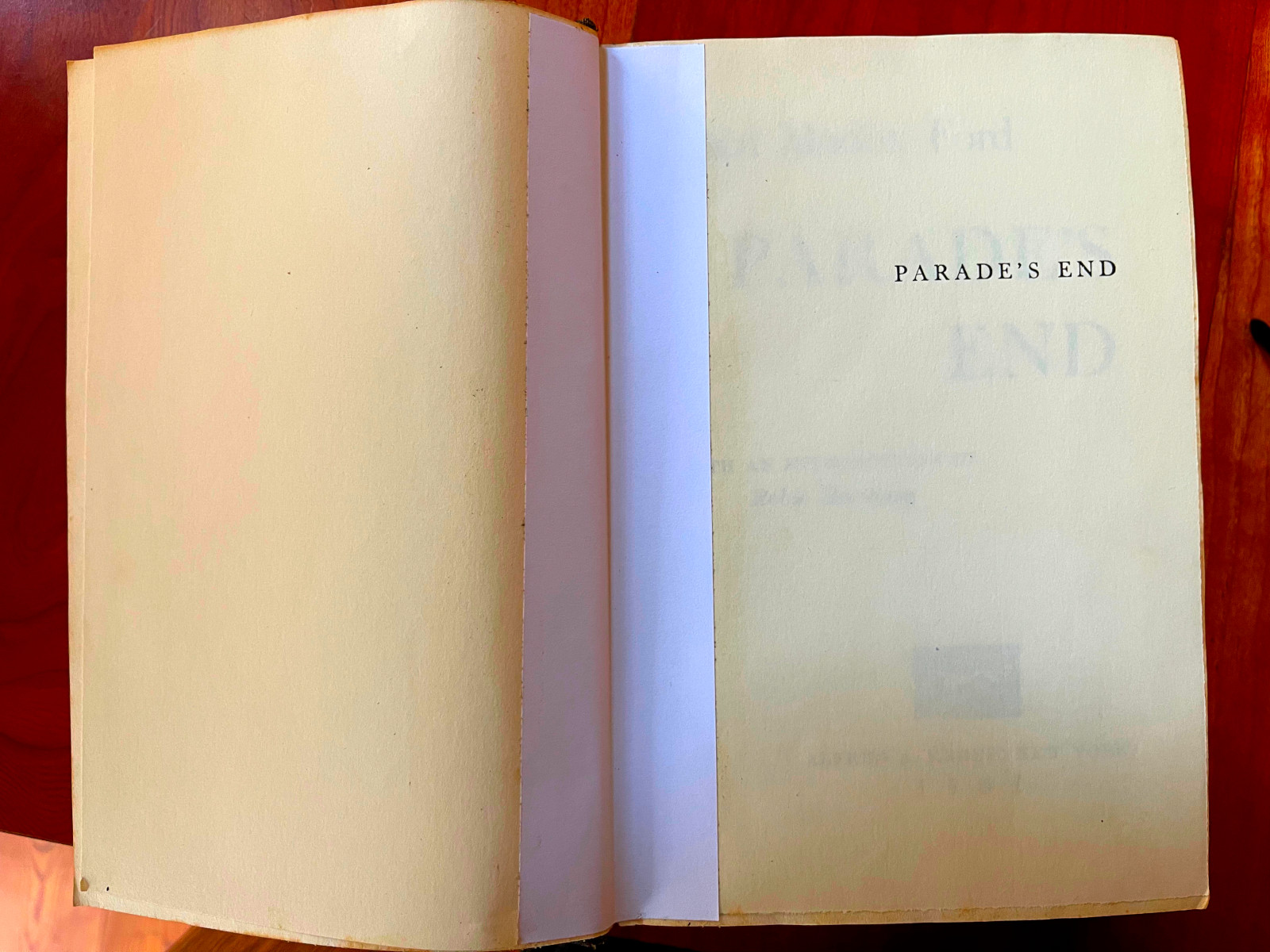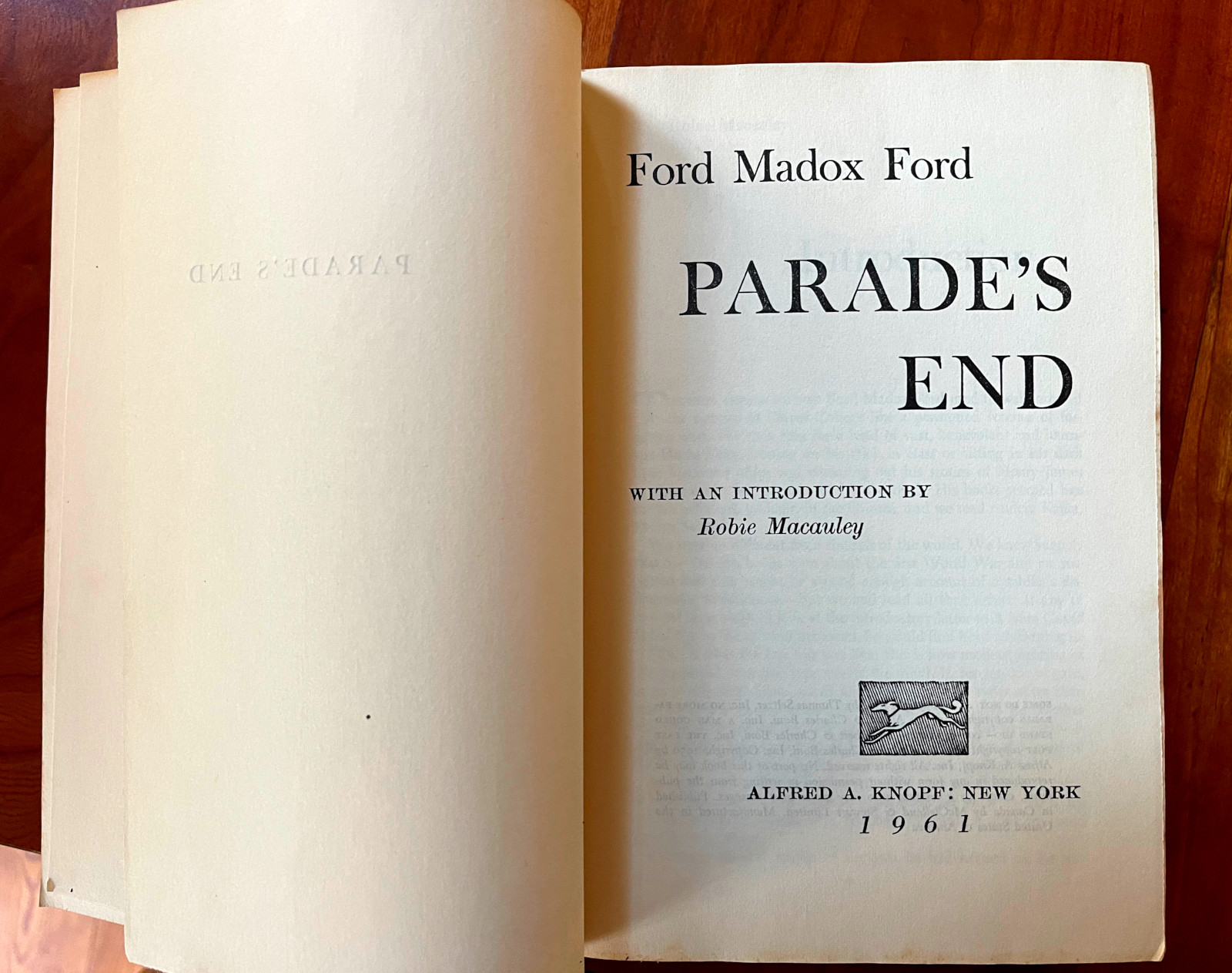
Today at the Atlantic, Greg Lukianoff has a piece with the headline “The latest victims of the free-speech crisis.” If there are free-speech issues on campus, and no doubt there are, is that really a crisis? Or is someone trying to distract us from the real crisis of free speech — the banning of books, laws threatening librarians with jail sentences, efforts to reverse New York Times v. Sullivan, and legislating — legislating! — what teachers can and cannot say. A recent article in Foreign Policy reports that these Republicans actions to limit speech are spreading abroad.
In right-wing (and centrist) propaganda, one of the most common ways of intentional deception is to create false equivalencies to slam the left. An excellent example is claiming that the property damage caused by the Black Lives Matter protests during the summer of 2020 was somehow just as bad, and just as serious a threat, as the violent right-wing attack on the United States Capitol on January 6, 2021. At the Capitol, people died in a violent attempt to stop the constitutional functions of government, subvert the will of American voters, and install a neofascist permanently in the White House.
Yes, BLM protesters lit a fire in the entryway of a federal courthouse in Portland, Oregon, on July 20, 2021. That was at 1:30 a.m. No one was hurt, and federal agents quickly extinguished the fire. They hurt their cause with such behavior, but BLM is not a threat to this country, unless it’s a threat to draw attention to racism, discrimination, racial inequality, and racially motivated violence against Black people.
I mention the false equivalency of the BLM and Capitol cases because I myself encountered it during the Thanksgiving holidays. I was told that “people like me” use January 6 to distract from the BLM protests. I of course replied that it’s the other way around. The implication was that the BLM protests were worse than January 6. I’m sure that many people think that, and, if they do, can we think of any reason for it other than racism?
Some of the contributors to Greg Lukianoff’s organization, the Foundation for Individual Rights and Expression, are among the most right-wing and billionaire-run organizations in the country — the Bradley Foundation, the Sarah Scaife Foundation, and the Charles Koch Institute. If Lukianoff’s efforts to protect free speech have ever attempted to hold conservatives accountable for their attacks on “woke” speech, I’m not aware of it.
Lukianoff, in other words, is a right-wing propagandist, and his foundation is a right-wing propaganda outfit. Lukianoff, and many others, use the red herring of free speech on campus to draw attention away from the organized and well-funded attacks on democracy from the right, attacks that use the coercive power of government whenever possible, as in Florida, Texas, and Tennessee. If Greg Lukianoff was really concerned about free speech instead of producing the propaganda for which he is paid, then he’d be writing crisis alerts about his billionaire contributors, the Republican party, and the corporatization of American universities.
A few lonely voices have tried to point out how right-wing propaganda is attempting to gaslight us on the matter of free speech. For example, “Remember This Article? It Was Conservative Propaganda, and a Lot of Us Fell for It.”
A more nuanced view from an academic, Wendy Brown, was published in the New York Times: “Why Angry Critics of Woke College Kids are Missing the Point.”
From the interview with Wendy Brown:
“We need to appreciate that young left activist outrage about a burning planet and grotesque inequality and murderous racial violence and gendered abuses of power is accompanied by disgust with the systems and the rules of engagement that have brought us here. Young left activists are pulling the emergency brake because it feels as if there’s no time for debate and compromise and incrementalism; because many see conventional norms and practices as having brought us to the brink and kept us stupid and inert….
“My point here is that if we just focus on this generation’s political style — and we have to remember youth style always aggravates the elders — we ignore their rage at the world they’ve inherited, and their desperation for a more livable and just one, and their critique of our complacency.”
I’m with the kids. The kids, after all, are the ones with no money to corrupt them, unlike Greg Lukianoff, his billionaires, and his friends in the think tanks and media.
Update:
European universities accept €260 million in fossil fuel money

